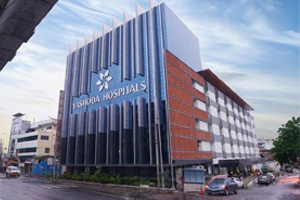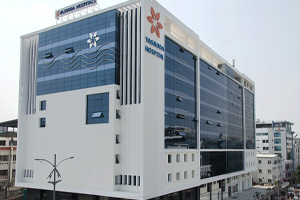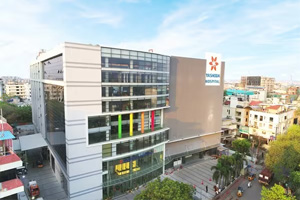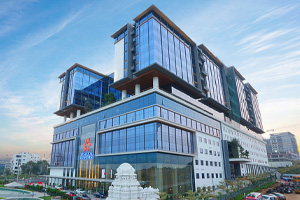
What is weight loss surgery or bariatric surgery?
Bariatric surgery is a surgical procedure of the digestive system to promote weight-loss in people with severe obesity. Also called as weight-loss surgery, it is recommended to severely obese patients with a BMI above 40, when conventional strategies have failed.
How much does Bariatric surgery cost in India?
The average cost of Bariatric surgery in India is approximately Rs. 2,10,000 to Rs. 5,60,000. However, the prices may vary depending upon the hospitals in different cities.
What is the average cost of Bariatric surgery in Hyderabad?
The cost of Bariatric surgery in Hyderabad depends upon multiple factors and ranges from Rs.2,45,000 to Rs.3,40,000.







 Appointment
Appointment WhatsApp
WhatsApp Call
Call More
More

